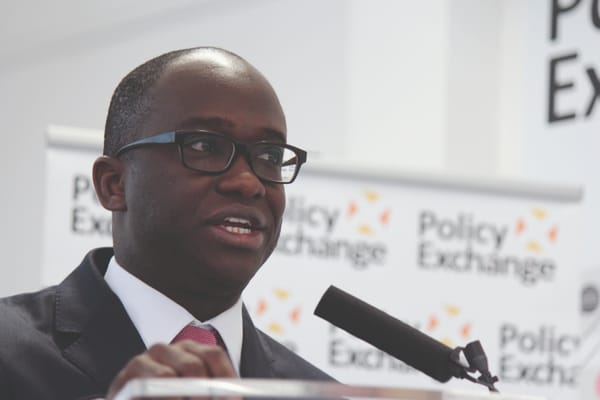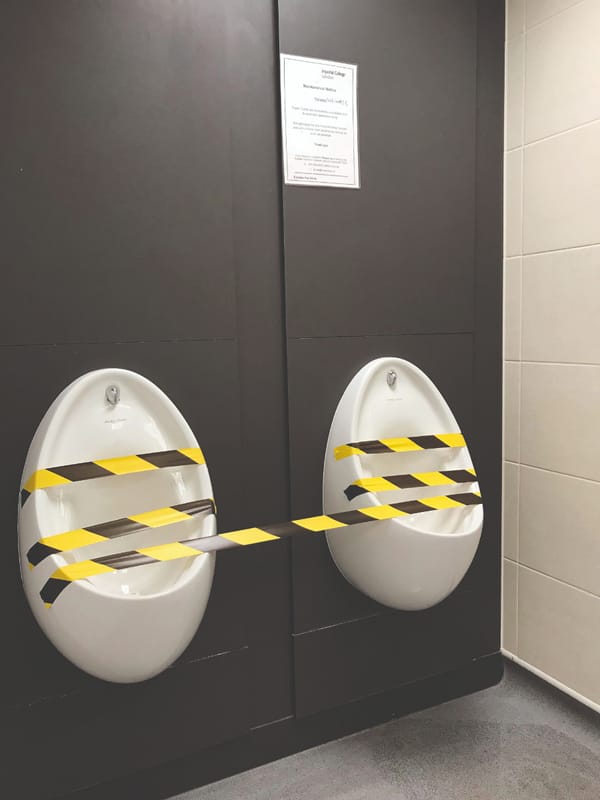Imperial 4th best university in UK; problems with student satisfaction continue
Imperial comes 4th in Complete University Guide (CUG) league tables, but student satisfaction remains an issue, particularly in the Department of Physics.

The Complete University Guide (CUG) rankings, released last week, saw Imperial climb one spot to 4th best university in the country. The University of St. Andrews fell two places from the 2017 rankings, moving Imperial and the London School of Economics (LSE) up one place each. LSE has retained its position just ahead of Imperial for the fourth year in a row, while the top of the table is dominated by Oxford and Cambridge.
The overall score for Imperial in the CUG league tables – which take into account entry standards, student satisfaction, research quality, and graduate prospects – was 930, compared to 935 for LSE and 928 for St. Andrews.
The CUG also publishes yearly subject rankings, which have seen a number of changes for Imperial. Mechanical Engineering and Computing have each moved up a place to 2nd best in the UK, while Chemical Engineering and Civil Engineering have dropped a place each to 3rd and 2nd respectively. Chemistry has moved up two places to 4th in the UK, while Medicine has seen the largest gain, rising three places to put the subject 5th nationwide.
However, student satisfaction remains an issue. While it has shown a year-on-year improvement in the CUG tables – jumping from a rating of 3.99 to 4.07 out of five – it remains the second worst of the top-ten universities. LSE was the only top-ten university with a lower rating for student satisfaction. Mathematics, Aeronautical Engineering, Biology, and Physics at Imperial all showed low student satisfaction, with a score lower than four.
The Department of Physics had the lowest student satisfaction rating of all subjects at Imperial. Its ranking of 3.68 marked physics at Imperial as the worst for student satisfaction out of all universities surveyed.
The student satisfaction rates used by CUG were generated by results of the National Student Survey (NSS). A number of universities saw students boycotting the NSS, meaning their results were omitted. The physics department has been facing issues with student satisfaction for a number of years: last year Imperial’s NSS data showed physics students were the least satisfied of all departments, with only 2/3 students reporting being satisfied with their course. Particular issues were raised with feedback, marking, and the lack of a sense of community.
While the Department of Physics has put in place a number of changes to address student concerns, those who spoke to Felix reported the rate of change was slow. Communication from the department was a particular issue: one student described the emails they received regarding changes to the course as “confrontational and unapologetic,” while another student said “much of the communication from the department feels like we’re an inconvenience.” One student told Felix: “Any time I see an email from the department in my inbox, I’m immediately on edge…the passive aggressive attitude contributes to making the whole department a hostile environment.”
As well as issues with communication, students reported problems with accessing past papers, lack of clarity over marking and feedback, and the lack of a community of students. One student said they thought things would improve, but “the culture is still quite unhealthy. Competition is kinda implicitly encouraged to a pathological level, and that really kills any kind of community vibe."
One Physics student told Felix: "In the physics department there is one rule: student opinion comes second. It’s stupid, since giving our opinions can help develop a better course/ experience for everybody. My only hope for student satisfaction to rise in the future is that we have a new amazing head of department who actually listens to us, as well as the upcoming curriculum – God knows how, but they realised having student input on that would be useful. It is a true nightmare to make changes to the Physics department."
The Department of Physics has put a number of changes in place to address the satisfaction rates, an Imperial College spokesperson told Felix:“The department recently appointed a student liaison officer in order to be able to provide more support to students, and has been carrying out student satisfaction surveys as well as drop-in sessions to allow students to raise concerns and voice their views. The Department has also been working to strengthen the personal tutor system and has started new initiatives to improve assessment feedback timeliness. Other initiatives to support students include efforts to boost mental health awareness across the Department, working with charities Mind and Student Minds to develop a network of trained student facilitators who can help signpost others to support”
The CUG described Imperial as “a great choice for studying Physics”, saying its “high Entry Standards, strong Research Quality, and impressive Graduate Prospects…more than make up for a relatively low Student Satisfaction.”
An Imperial College London spokesperson told Felix: “Imperial College London is committed to offering all of its students a world-leading, rigorous, evidence-based, inclusive educational experience as part of a vibrant research environment. The College is embarking on a radical transformation of the way it educates by applying new teaching methods that enrich the student experience and improve inclusion and diversity. We will be working with students at every opportunity to get feedback, as we understand that we need this evidence base if we are to offer students the very best in teaching and support services.”
Imperial ranked most innovative university in the UK.
Imperial has retained 2nd place in Reuters’ ranking of Europe’s Most Innovative Universities for the third year in a row. Only KU Leuven, Belgium, was ranked higher.
The ranking is based on the number of patents filed and granted, as well as the overall commercial impact, based on how often basic research from an institution influences commercial R&D activity. Imperial received a score of 36.8 against 40.7 for KU Leven and 32.7 for Cambridge, who came 3rd.
Overall, the Reuters ranking has shown many UK universities have dropped this year, with continental institutions, largely in Germany, advancing their positions. This comes amid the continued uncertainty over the implementation of Brexit, with academics seeing the E.U. or the USA as better for career prospects.
Speaking to the Evening Standard last year, Professor Alice Gast, President of Imperial, said she was “very concerned” about uncertainties regarding Brexit, and said some Imperial staff had already moved to the EU in light of the referendum results.









